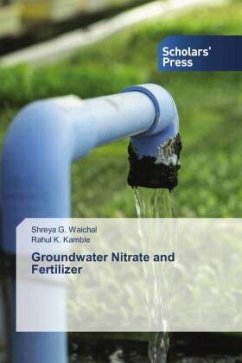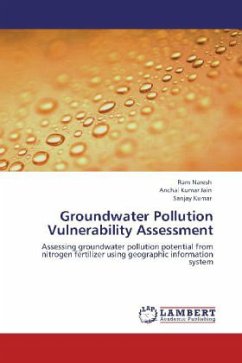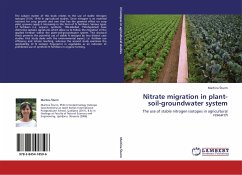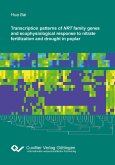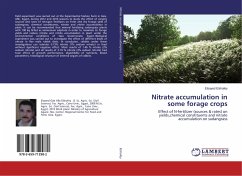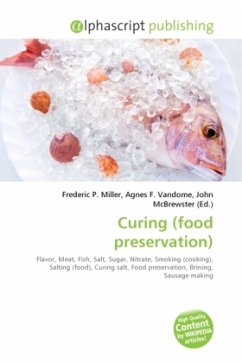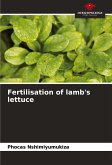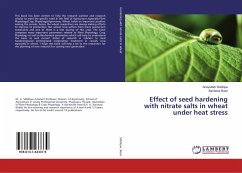Agriculture is the backbone of our economy. It depends upon various inputs and out of these fertilizers is one of them. The different types of fertilizers are used in agriculture and of these, nitrogenous fertilizer is important one. Farmers are applying these fertilizers in large quantity in the expectation of higher yield. The crops utilize this fertilizer in the quantity that is required and remaining unutilized fertilizer gets accumulated in the soil. This accumulated fertilizer leaches with rainwater into the groundwater and contaminate it. The contaminated groundwater contains different contaminants and out of this nitrate is one of them. This book shed light on the indiscriminate use of fertilizer leading to groundwater nitrate pollution. The maximum utilization of nitrogen based fertilizer is observed in marginalized and small scale farmers and in paddy crop. The probable reason for this can be assigned to the psychology of this group of farmers to get output from the limited field at any situation. Furthermore, subsidy provided by the government on these fertilizers is also another factor which results in indiscriminate use of fertilizer.
Bitte wählen Sie Ihr Anliegen aus.
Rechnungen
Retourenschein anfordern
Bestellstatus
Storno

